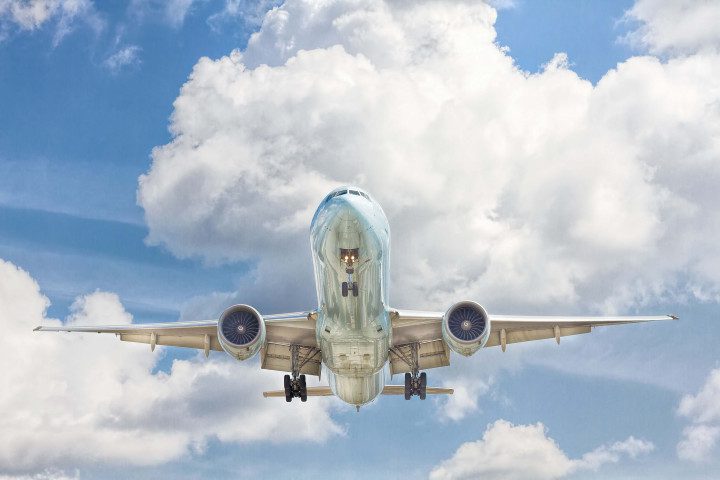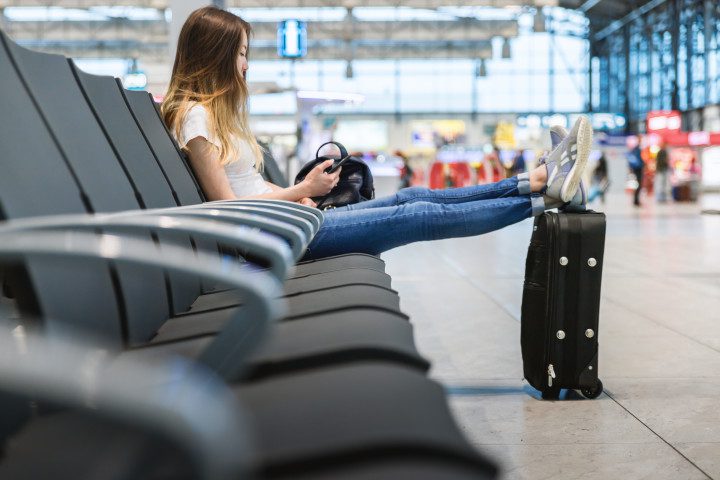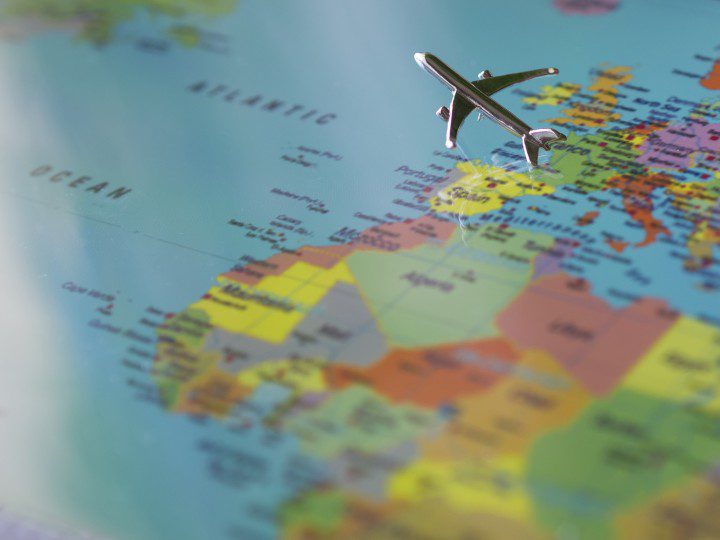Are you tired of feeling like air travel is draining your wallet? We understand! Money is a precious resource, especially when you have fixed travel dates. But what if we told you there’s a way to fly to your destination for less than the usual cost? Introducing skiplagging – the secret to unlocking great travel deals!
By cleverly booking flights with layovers, smart travelers have discovered a loophole that can save them money. However, it’s important to be aware of the potential consequences and risks involved in this controversial practice. Let’s delve into the fascinating world of skiplagging and understand why airlines strongly disapprove of it. Join our community of savvy travelers today and gain access to exclusive travel hacks, hidden discounts, and insider tips that will make your next trip absolutely unforgettable!
Table of Contents
What is Skiplagging (Hidden City Ticketing)?
An Example of Skiplagging
Why is Skiplagging (Throwaway Ticketing) Controversial?
The Disadvantages of Skiplagging
Ready to Skiplag?
What is Skiplagging?
Skiplagging is a travel strategy where a passenger intentionally books a flight with a layover that is their actual desired destination. By leaving the connecting flight at the layover point and not completing the entire itinerary, travelers can sometimes find cheaper fares than booking a direct flight to their intended destination. However, there are potential risks and limitations, including issues with checked baggage and the fact that this method is typically viable for one-way trips only. Airlines might also frown upon this practice and could take actions to prevent it.
An Example of Skiplagging
At Prep4travel, we found a prime example on American Airlines route between Buffalo NY, and Orlando. The price for a one way ticket from Buffalo to Orlando direct was $174 (basic economy). By purchasing a ticket that takes you from Buffalo to Orlando via Charlotte NC, the one way price for a ticket was $147 (flying basic economy). This is a 16% cheaper flight for booking a one stop vs the direct flight if your intended destination is really Charlotte NC. Let’s break it down even further:
Buffalo to Orlando, short layover in Charlotte – Ticket price $147
Buffalo to Orlando, non stop – Ticket price $174
Now, you might be wondering why a longer journey comes with a lower fare – it’s a bit counterintuitive, isn’t it? But fear not, there are a couple of good reasons behind this. The world of air travel is quite competitive, and certain routes have more contenders vying for your attention. When an airline operates one of the rare direct flights to a particular city, they tend to charge a premium, knowing travelers are willing to pay.
On the flip side, if an airline’s route involves a layover at a hub, they often adjust their prices to compete with other airlines that offer non-stop services. Another interesting tidbit, especially in the context of North America, is that airlines might face varying airport fees depending on where passengers disembark. Those fees may not apply to travelers who are just in transit.
Why is Skiplagging Controversial?
Why does skiplagging stir up some controversy, you might wonder? Well, it’s no secret that airlines aren’t exactly fans of this trick. Picture this: there’s an empty seat on a flight because a skiplagger decided to take a detour, leaving that seat unoccupied. For airlines, that’s like a puzzle piece missing from the picture they carefully crafted. These days, many of those fine-print-packed airline contracts clearly frown upon skiplagging. So, when airlines put their foot down, they’re basically pointing to the rulebook and saying, “Hey, we’re just playing by the rules here!”
It’s interesting to note that courts seem to be leaning in favor of travelers using this method to gain lower fares. There are instances where airlines like Lufthansa and United airlines ended up on the losing side of lawsuits against skiplaggers. There’s even a fun twist—over in Spain, a court gave a firm thumbs-up to the practice, ruling that skiplagging and hidden-city ticketing are perfectly legal shenanigans.
But, and here’s the twist within the twist, there are other factors to toss into the mix. Airlines could wield some influence, holding cards like your treasured frequent flyer miles, fancy elite status, and club memberships. In some cases, they might go the whole nine yards and show you the exit gate with an outright ban. So, while the legal ball might be in your court, it’s worth considering the time, energy, and yes, even the budget you’d need to take the legal route.
The funny thing is, while airline’s rules or airline policies might dictate your ticket, you paid for your ticket whether it’s a direct flight or not. While it’s unlikely a legal battle will ensue, it’s incredibly hard for an airline to prove you specifically skiplagged. What happens if you got sick at your layover an decided the connecting flight was something you couldn’t make? What if you had an emergency at your connecting airport and decided you were staying in the connecting city? You can see why even if an airline catches you, they often have little recourse. It ultimately comes down to money. Airlines hate empty seats, so you skiplagging is hitting their bottom line.
The Disadvantanges of Skiplagging
One-Way Only: A notable drawback of skiplagging is that is specifically only applies to one-way flights. While the tactic of booking a ticket with a layover as your intended destination might save you money on the outbound journey, it won’t work for a round-trip flight. Airlines often cancel the return portion if you miss any leg of your itinerary, leaving you in a lurch if you were planning on using this technique for a round-trip adventure.
So before using airline miles or trying to save money by using this hidden city ticketing technique, make sure you are saving money on your hidden city ticket for both the journey to and journey back home. Otherwise round trip flights are most likely your cheapest option, and you will have to look for separate deals for the return flight.
Checked Baggage Hurdle: Another hurdle you’ll face when skiplagging is the issue of checked baggage. The airline tags your checked bags to your final ticketed destination, which means if you disembark at a layover, your luggage will continue its journey without you. This not only complicates your travel logistics but could also lead to confusion and even delays as airlines sort out the mismatch between your presence and your bags on subsequent flights. So, if you’re a heavy packer or simply can’t travel light, skiplagging might not be the smoothest path to take.
If you overpack your carry on bag to compensate for not being able to check a bag, you will incur overweight luggage fees, which will in turn negate the entire purpose of trying to save hundreds on your flights.
Schedule Change Can Ruin Your Skiplagged Ticket: Airlines are in a perpetual dance of adjusting their flight schedules, and unfortunately, these changes can sometimes throw a wrench into even the most meticulously crafted travel plans. There are instances where people book a one way flight finding the best deals to end their journey at the layover airport. But it does happen where airlines change the layover airport which of course defeats the entire purpose of buying that hidden city ticket. In the eyes of the airline, your layover airport shouldn’t matter if it’s just a stop along the way.
If you pay the extra fees so you can change your ticket or get a refundable ticket, you might be in the same price range as booking a nonstop flight to your final destination. This is ultimately a shell game of what ifs. Most people prefer flying knowing they are not bending any ariline rules by skipping an unused part of their journey.
Getting on the airline’s bad side: Many airlines explicitly prohibit the use of hidden-city ticketing in their terms and conditions, which you agree to upon purchasing a ticket. It’s important to note that breaking these regulations won’t lead to a police intervention at the boarding gate. This doesn’t make skiplagging illegal per se, but it does go against the airline’s established rules, and this can have repercussions.
For starters, your cherished mileage account could face closure. This translates to the loss of your hard-earned miles and any elite status you may have achieved with the airline. Choosing not to associate your frequent flier account with your booking also means missing out on earning miles and the perks that come with credit card benefits, like preferred boarding. This carries its own downsides. Being among the last to board might force you to gate-check your carry-on bag, which would then be tagged for your intended final destination.
In some cases, airlines have taken more proactive measures. Instances have emerged of American Airlines passengers receiving bills from the airline itself. This is a clause that the airline reserves for itself within the contract passengers agree to when booking a flight. There have also been reports of American Airlines sending representatives to the airport to explicitly caution passengers against using Skiplagged tickets. Lufthansa, taking an even stronger stance, went as far as suing a passenger who employed hidden-city ticketing, seeking substantial damages (however the lawsuit was overturned in a European court).
Ready to Skiplag?
In the world of travel hacks and savvy booking strategies, one method that has gained attention is called skiplagging. This intriguing approach involves booking a ticket with a layover as your intended destination, often resulting in cost savings. However, before embarking on this ticket-twisting adventure, it’s crucial to weigh the pros and cons. While gate-checking the practice of skiplagging might save you money, it comes with several risks.
Airlines frown upon “throwaway tickets” – those intentionally unused portions of your journey – and this could impact your reputation with them. Moreover, your frequent flier account might not escape unscathed; airlines have been known to deduct points or even revoke memberships. The concept of skiplagging may hold allure for budget-conscious travelers, but its tangled web of implications underscores the importance of careful consideration before deciding to take flight on this unconventional journey.




